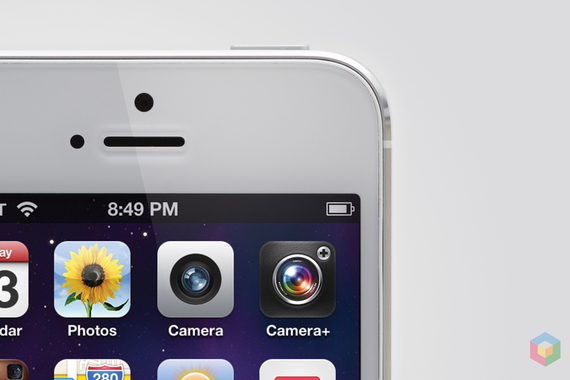
Technology, and its warp speed advances, is not going away. Thank goodness. It benefits us in myriad and significant ways. However, in this age of ever increasing digital contact, our technology use may enhance or hinder our relationships, depending on our awareness of how to manage and monitor its use.
A study in the International Journal of Neuropsychotherapy assessed the impact on couples of the use of mobile phones, computers and laptops. The researchers found that “using a laptop while in the company of a partner, without interacting with them, resulted in a couple’s negative perception of their relationship. Conversely, couples who used technology together, while engaging each other in the process, resulted in positive perceptions about their relationship.”
Technology is ubiquitous these days — especially cell phones. In the past, when we waited in line at the grocery store or at a doctor’s office, we would often strike up a conversation with a nearby stranger. This natural process was made easier by the fact that we had something in common — not just the fact of waiting, but the pleasure of filling an empty, and often lonely space, with conversation and company. Today, the default choice seems to be putting our heads down into our phones instead of face-to-face connection with each other.
Perhaps you have experienced the following scenario: You walk into an office that you believe to be empty because it is so deathly quiet. You are surprised, instead, to find it filled with people, necks crooked downward, busily tapping on their cell phones instead of engaging with one another.
This phenomenon became particularly poignant for me recently as I sat in my dentist’s waiting room, seated next to a mother and her young daughter. The young girl sat quietly next to her mother who continued to focus her undivided attention on her cell phone. After what must have seemed to be an interminable and unbearable length of time, the daughter said loudly in an exasperated voice, “Mom! I miss you!” With a startled look of embarrassment, the mom hastily shoved her cell phone into her purse and scooped her daughter on to her lap. Children have a pure and uncanny way of simply and urgently speaking their well-deserved needs.
Technology can certainly make things easier for us and has rightfully earned an integral place in our personal and professional lives. However, for the health of our relationships and the need to create more social and emotional intimacy, we must proactively carve out “technology-free” times. Mealtime is a great place to start. Sharing nutritious food while catching up with each other through enriching, dedicated conversation can nourish us, bond us and feed us on many levels.
A colleague recently described a corporate training required for all employees titled: “Eyes On Path.” It sounds like a joke, but was a real seminar to help employees avoid injuries brought about by the distracting use of cell phones while walking. Likewise, we can learn to minimize any further emotional injury to our shared intimacy brought about by keeping our heads in our technology devices. We can learn to promote conscious connection by looking up more frequently from our devices and into the faces of others, especially those who we love. The life-giving connection we find there not only enhances our health, it brings us joy and meaning — the true motivation that gets us out of bed every morning.
Technology, for all of its wonder, can never laugh with us, cuddle us, or pass us a tissue to dry our tears. Dr. Dean Ornish’s emphasis on connecting love with our very survival encourages us to look for every opportunity to connect from our hearts to the hearts of others. It isn’t mechanistic. In his book,” Love and Survival” he writes, “We don’t call our loved ones our sweet pumps. We call them our sweethearts.” That sums it up beautifully.
How has your use of technology helped/hindered your relationships?
This article was originally published in Ornish Living.
